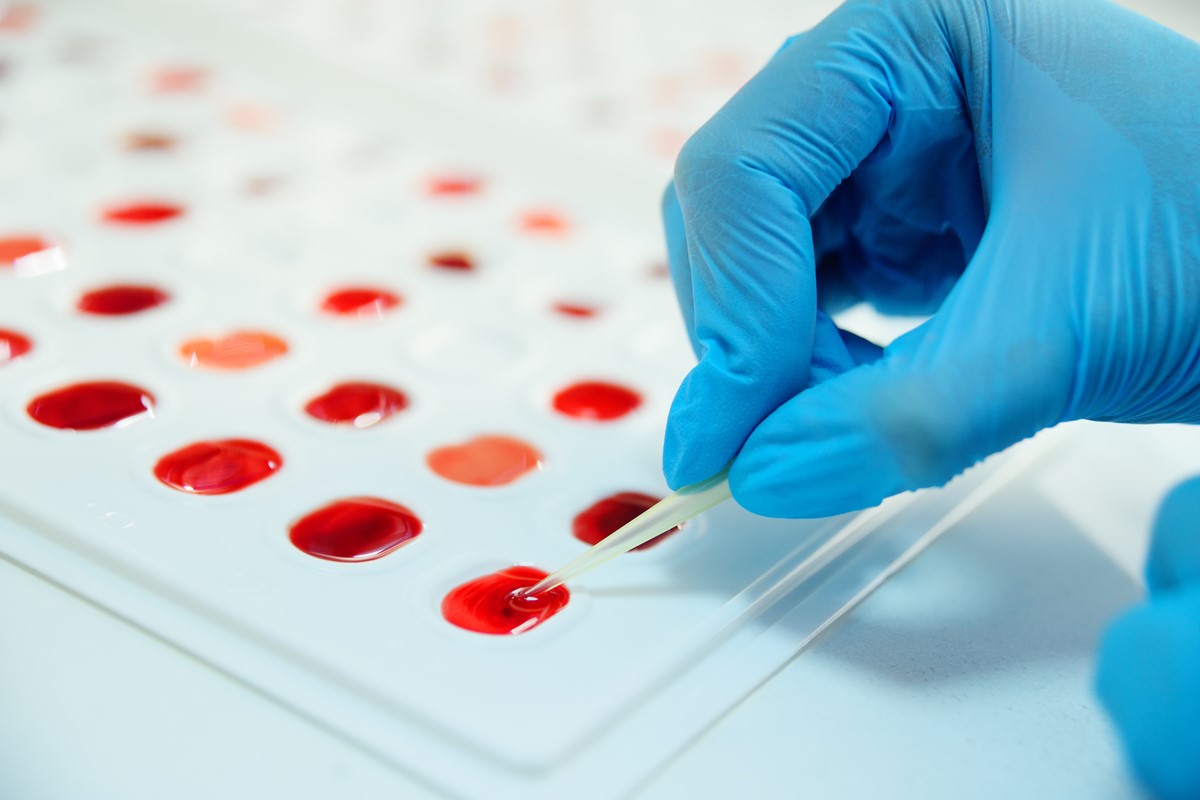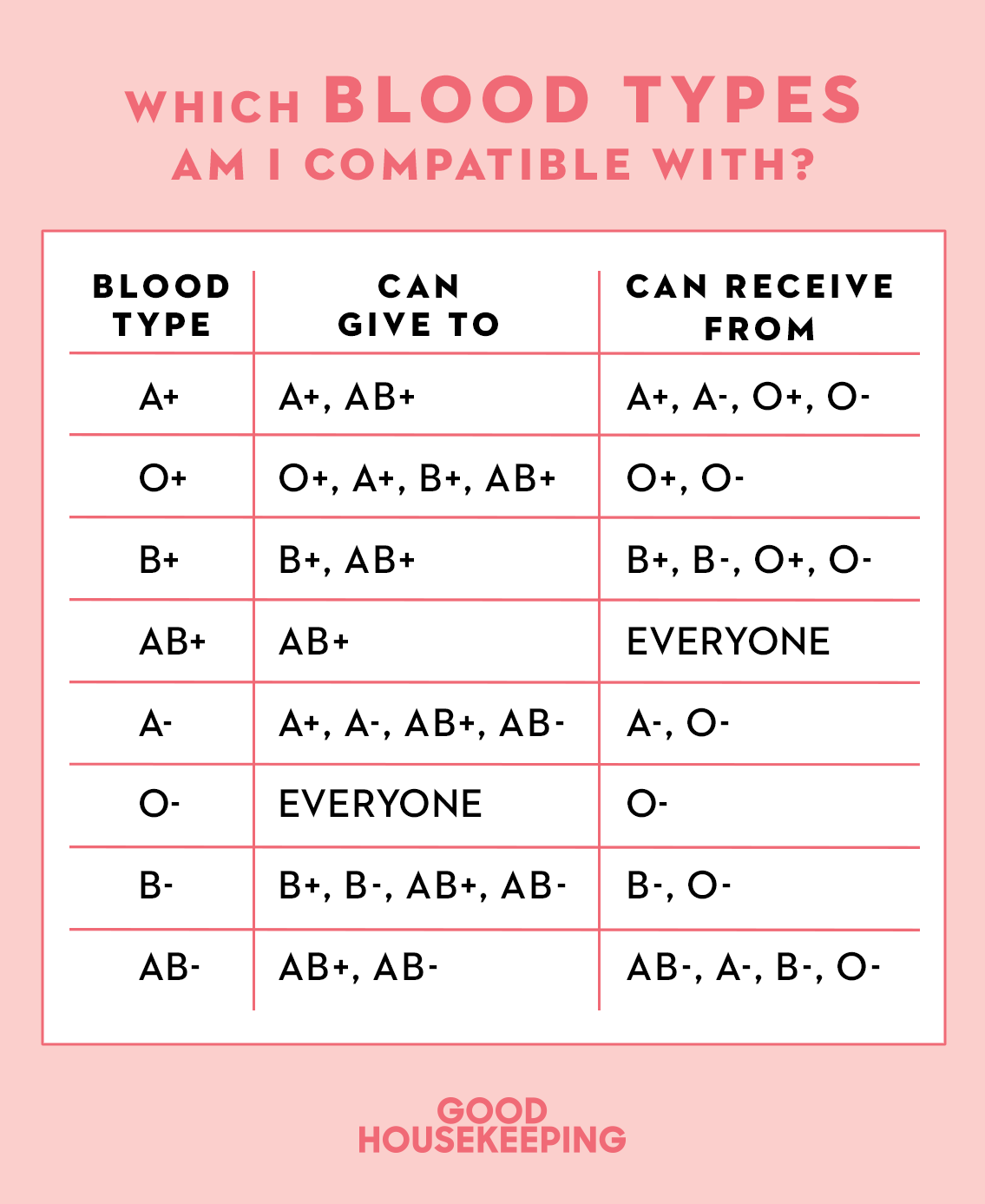

In certain cases, a fetus may be at risk for anemia. These are typically quick and painless for both parents.

Rh screening and antibody testing involve simple blood tests. These can show whether a pregnant person is producing too many antibodies. In such cases, doctors may choose to rely on regular antibody screening tests. Research has shown that Rh incompatibility is less problematic during a first pregnancy. determining the fetus’s Rh status through amniocentesis.having regular antibody screening throughout pregnancy.Other recommended tests and screenings may include: Being aware of Rh incompatibility is crucial for minimizing potential risks. Also, talk with your health care provider about scheduling an Rh immune globulin injection during your pregnancy and remind your health care team of your Rh status during labor.Medical professionals recommend Rh testing at the beginning of every pregnancy. If you have vaginal bleeding at any time during pregnancy, contact your health care provider immediately. If you're Rh negative and your baby is Rh positive, there's a potential for your body to produce antibodies that could be harmful during a subsequent pregnancy. If you're Rh positive, no action is needed. The blood sample is usually taken during the first prenatal visit and sent to a lab for analysis. Mother's Rh factorĪn Rh factor test is a basic blood test. He or she might be given a blood transfusion through the umbilical cord during the pregnancy or immediately after delivery if necessary. If the antibody screen shows that you're already producing antibodies, an injection of Rh immune globulin won't help.
A NEGATIVE BLOOD TYPE DURING PREGNANCY MANUAL
The external manual rotation of a baby in a breech position - such as buttocks first - before labor. Cordocentesis - a diagnostic prenatal test in which a sample of the baby's blood is removed from the umbilical cord for testing. Chorionic villus sampling - a prenatal test in which a sample of the wispy projections that make up most of the placenta (chorionic villi) is removed for testing. Amniocentesis - a prenatal test in which a sample of the fluid that surrounds and protects a baby in the uterus (amniotic fluid) is removed for testing or treatment.  Removal of a molar pregnancy - a noncancerous (benign) tumor that develops in the uterus. Ectopic pregnancy - when a fertilized eggs implants somewhere outside the uterus, usually in a fallopian tube. If you're Rh negative and your baby might be or is Rh positive, your health care provider might recommend an Rh immune globulin injection after situations in which your blood could come into contact with the baby's blood, including: If your baby is born Rh positive, you'll need another injection shortly after delivery. If your baby is born Rh negative, no additional treatment is needed. The immune globulin prevents your body from producing Rh antibodies during your pregnancy. If you haven't started to produce Rh antibodies, you'll likely need an injection of a blood product called Rh immune globulin. The antibody screen is used to detect antibodies to Rh positive blood. If you're Rh negative, you might need to have another blood test - an antibody screen - during your first trimester, during week 28 of pregnancy and at delivery. Red blood cells are needed to carry oxygen throughout the body. This could lead to life-threatening anemia, a condition in which red blood cells are destroyed faster than the baby's body can replace them. If your next baby is Rh positive, these Rh antibodies can cross the placenta and damage the baby's red blood cells. The antibodies produced aren't a problem during the first pregnancy. If you're Rh negative and your baby is Rh positive, your body might produce proteins called Rh antibodies after exposure to the baby's red blood cells.
Removal of a molar pregnancy - a noncancerous (benign) tumor that develops in the uterus. Ectopic pregnancy - when a fertilized eggs implants somewhere outside the uterus, usually in a fallopian tube. If you're Rh negative and your baby might be or is Rh positive, your health care provider might recommend an Rh immune globulin injection after situations in which your blood could come into contact with the baby's blood, including: If your baby is born Rh positive, you'll need another injection shortly after delivery. If your baby is born Rh negative, no additional treatment is needed. The immune globulin prevents your body from producing Rh antibodies during your pregnancy. If you haven't started to produce Rh antibodies, you'll likely need an injection of a blood product called Rh immune globulin. The antibody screen is used to detect antibodies to Rh positive blood. If you're Rh negative, you might need to have another blood test - an antibody screen - during your first trimester, during week 28 of pregnancy and at delivery. Red blood cells are needed to carry oxygen throughout the body. This could lead to life-threatening anemia, a condition in which red blood cells are destroyed faster than the baby's body can replace them. If your next baby is Rh positive, these Rh antibodies can cross the placenta and damage the baby's red blood cells. The antibodies produced aren't a problem during the first pregnancy. If you're Rh negative and your baby is Rh positive, your body might produce proteins called Rh antibodies after exposure to the baby's red blood cells. 
However, a small amount of your baby's blood could come in contact with your blood during delivery or if you experience bleeding or abdominal trauma during pregnancy. Usually, your blood doesn't mix with your baby's blood during pregnancy. During pregnancy, problems can occur if you're Rh negative and the baby you're carrying is Rh positive.








 0 kommentar(er)
0 kommentar(er)
